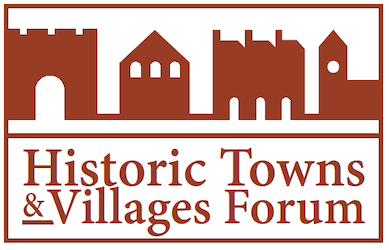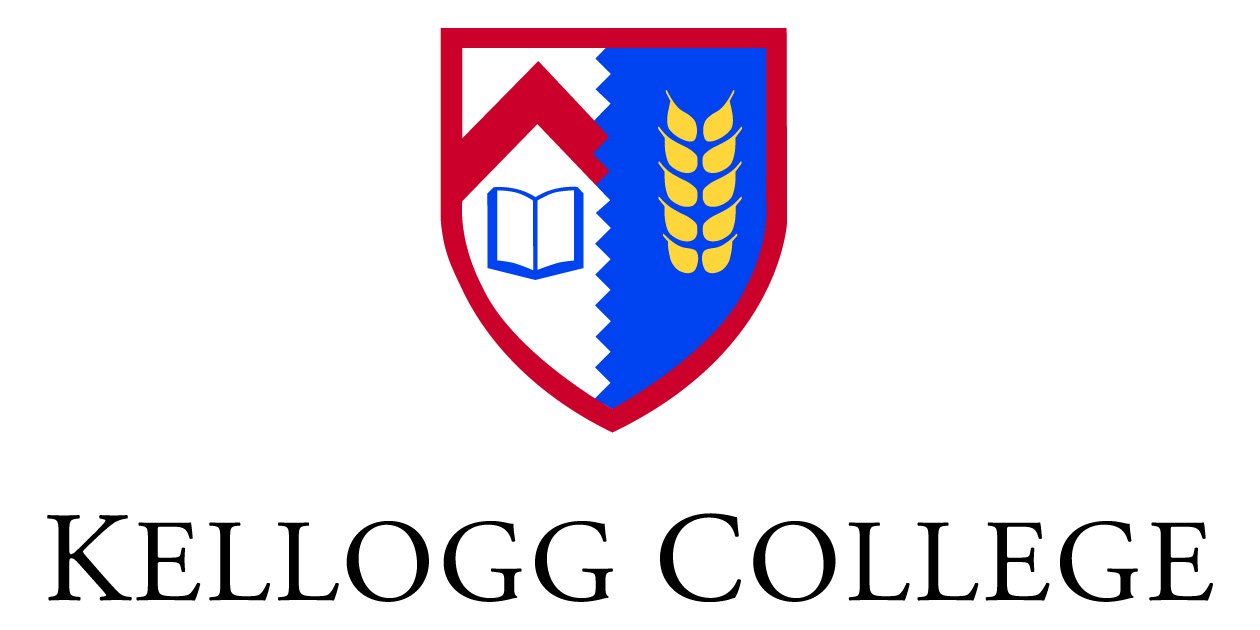Whose Heritage is it anyway? Managing changing historic interpretations 1

This is a two-part webinar (5 & 12 November 2020) looking at how to respond to the changing emphasis and appropriateness of cultural icons, in the context of the Black Lives Matter and other movements.
Since the toppling of the Edward Colston statue in Bristol in June this year, there has been far greater debate about how we reassess the reputations of historical figures celebrated in the public realm or with place names. Re-appraising the messages given by local icons, dedications or memorials in historic towns and cities can involve far wider audiences in protecting or managing our built heritage if their legacies are better understood. But in doing this, we need to be able to agree as communities what these celebrated people (or place names) represent today and will say in the future.
Less recent examples include the calls for the US city of Aberdeen’s bridge to be renamed after the late musician Kurt Cobain, who could be defined in different ways by different audiences. Or Wolverhampton’s tenth century female icon, Lady Wulfrun, from whose farmlands the city grew.
There is no clear consensus on the right approach – whether to remove or re-interpret dedications – so many local councils, cultural institutions, and civic and historical societies are reviewing the messages behind local icons and associations in a political context. Yet this reappraisal can create a raft of new opportunities for greater heritage appreciation: allowing new or hidden heritage stories to come to the fore, and making history more relevant to contemporary life.
Our speakers will look at:
- Researching historic legacies
- Recognising the range of historic legacies
- Assessing legacies and start a debate on contested heritage
- Managing conflicting views about historic icons and their future
- The significance of contested heritage to place identity
- Rediscovering overlooked and positive dedications
- Creating a new place identity
- Using new perspectives to reveal hidden history.
Speakers:
- Welcome, Louise Thomas, Director, HTVF
- Introduction, Chair: Helen Ensor, Director, Donald Insall Associates
- Contested Heritage, Emily Gee, Regional Director for London and South East, Historic England (recording not available)
- Responding to the toppling of the Colston Statue, The Bristol History Commission, Professor Tim Cole, Director of the Brigstow Institute, University of Bristol, and Chair of the Bristol History Commission
- Stroud, Slavery and the misremembering of William Wilberforce, Jamie O’Dell and George Thomas, Amplify Stroud
- Yale and Offa: Reflecting on statues, naming practices and the heritage of the Welsh Marches, Howard Williams, Professor of Archaeology, University of Chester
Please contact us for more information.

